Harm Reduction & Drug Policy
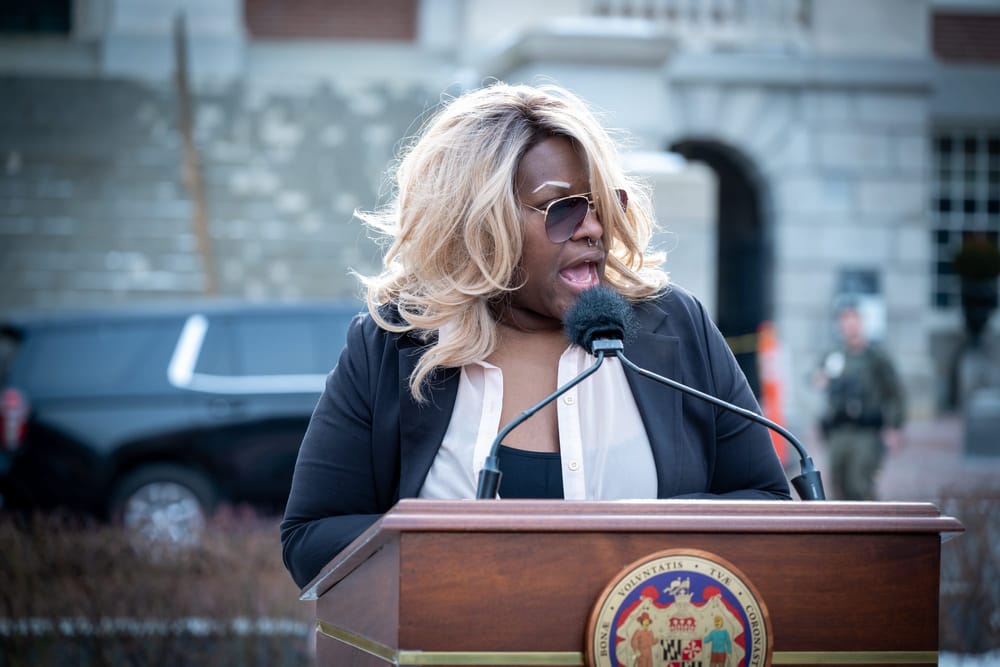
Baltimore harm reductionists rally in Annapolis to target paraphernalia criminalization
Harm reduction advocates are fighting to repeal laws criminalizing paraphernalia this legislative session, continuing a years-long effort to protect access to syringes and other items. If successful, they'd dismantle a critical component of the War on Drugs in Maryland.
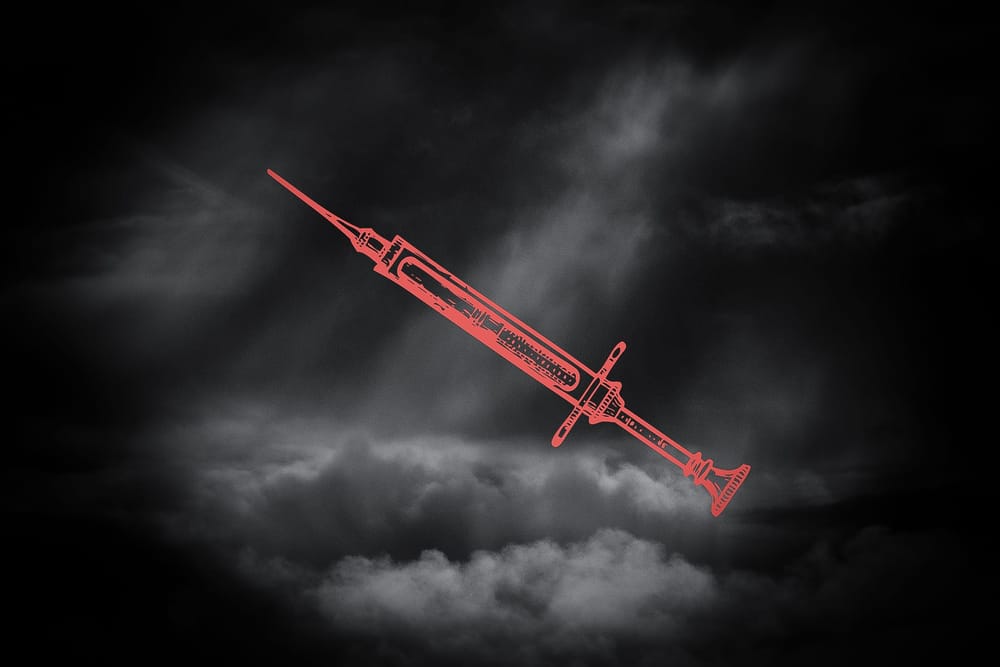
Hysteria and harm reduction: What the hell is going on?
The harm reduction movement was founded upon boots-on-the-ground organizing, and it must remain organized to serve drug users during these difficult times.
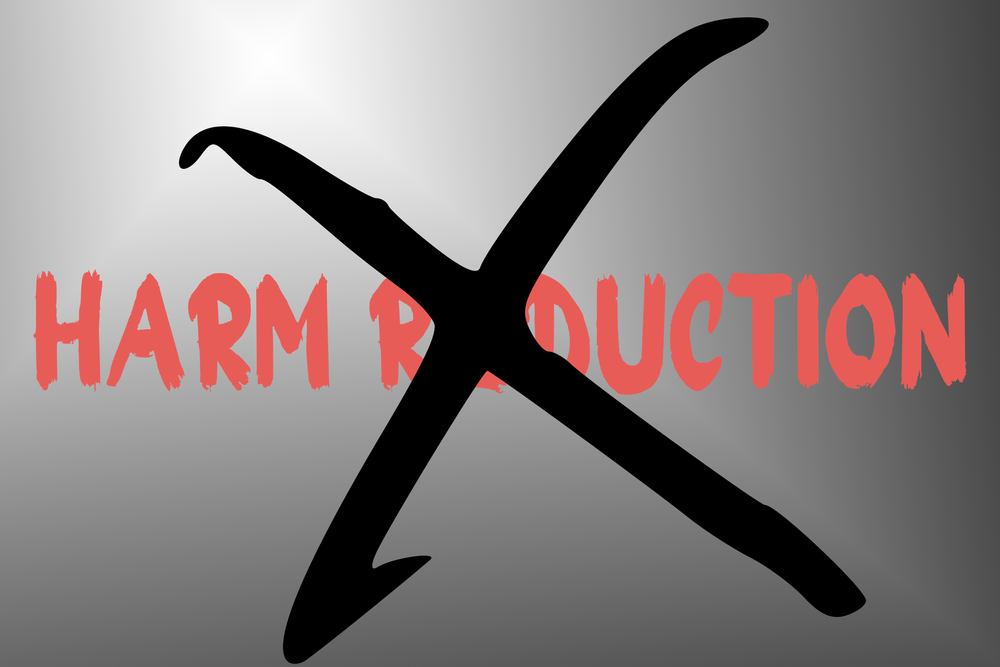
Maryland Scrubs the Term “Harm Reduction” From Key Grant Program
The program has been responsible for allocating millions to local harm reduction organizations annually, and there are fears that there will be a significant decline in grant funding for the upcoming fiscal year.
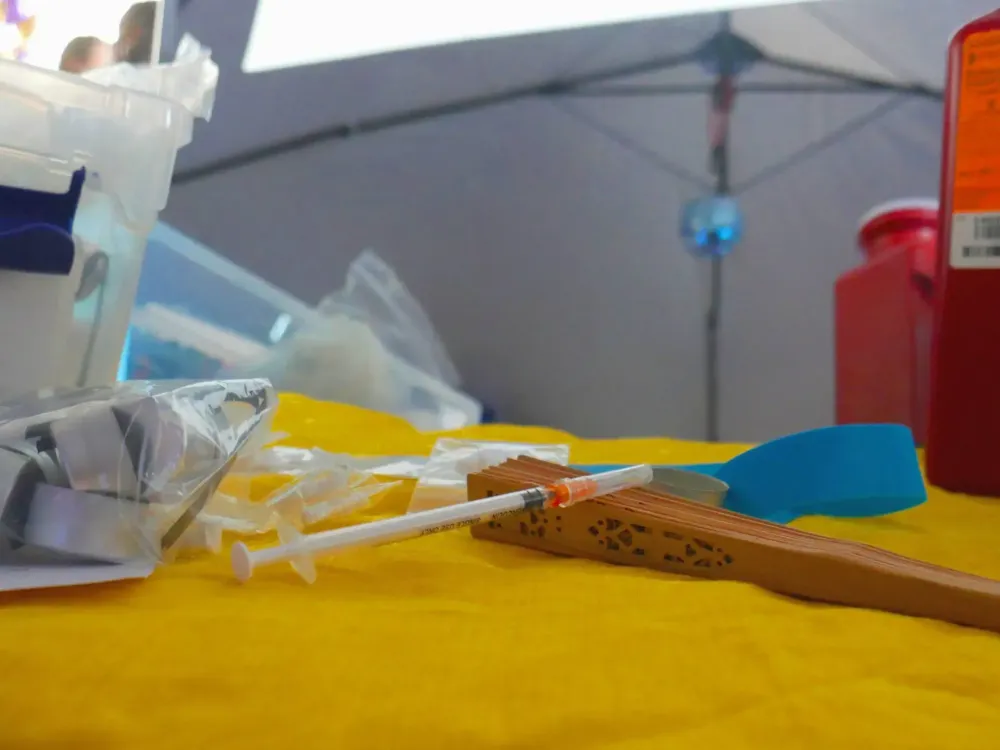
Statewide harm reduction training to resume amid concerns about delay, implementation
HealthHIV, a national nonprofit based in Washington, D.C., opened registration for the new curriculum on December 12, but classes won’t start until January 20. State officials and HealthHIV had previously said it would begin this fall.

Baltimore once again balks at OPCs as advocates drop push for state legislation this year
Mayor Brandon Scott has omitted overdose prevention centers from his list of legislative priorities for 2026 in the absence of a statewide push in the upcoming General Assembly session. Paired with remarks from the city's top health official, OPCs may be dead in the water.

Mobtown Redux to partner with Scalawag Magazine in 2026
Mobtown Redux and Scalawag will co-publish the Redux Newsletter, expanding the reach of harm reduction journalism in Baltimore and paving the way for a new wave of reporting that advocates for drug users in the South and beyond.

A Baltimore harm reductionist's Christmas wishlist
As a harm reductionist in Charm City, there's quite a lot on my Christmas list this year. Unfortunately, most of my wishes can only come true if Baltimore officials muster up some sorely missing political will.

Baltimore Drug Users Want Safe Supply, Know How It Should Look
Researchers based in Baltimore and Canada surveyed 300 city residents who had injected drugs in the past year, most of whom continued to do so.
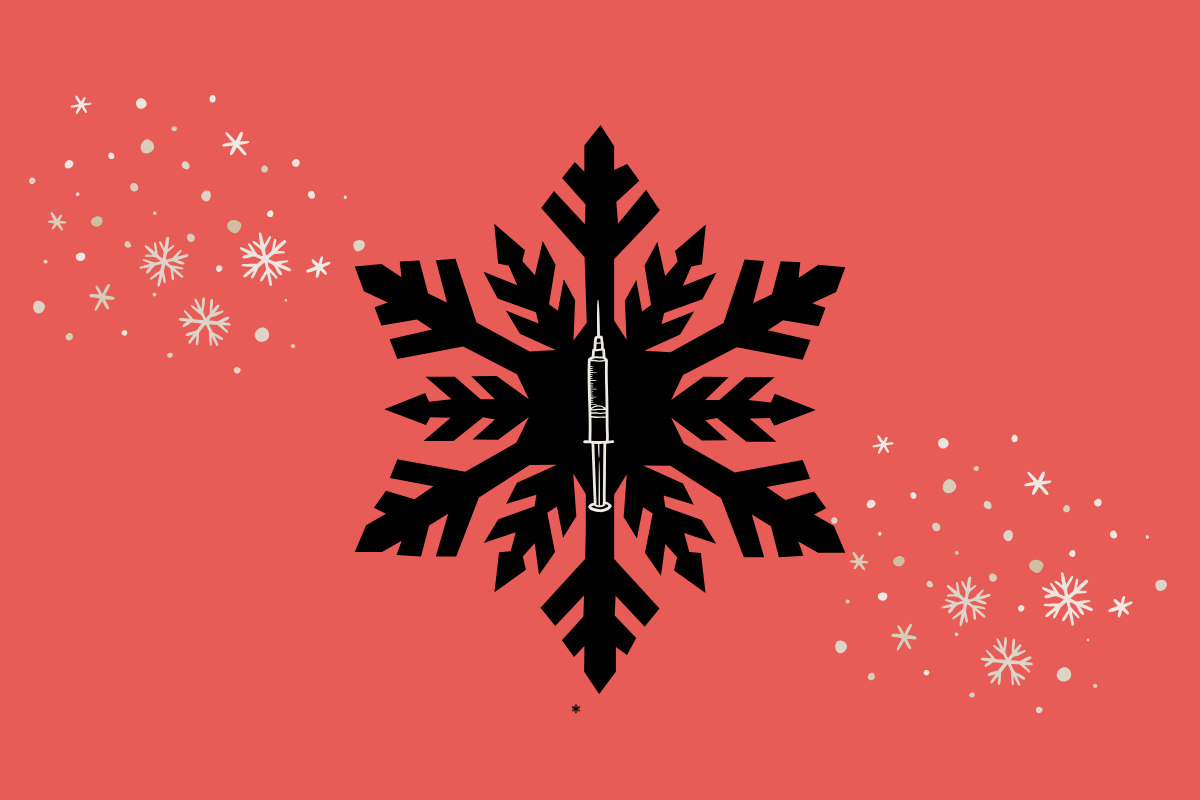
You don't have to be sober for the holidays — but use safely
Whether you're sober or a drug user, have a good time this holiday season. Just be safe while you do it.
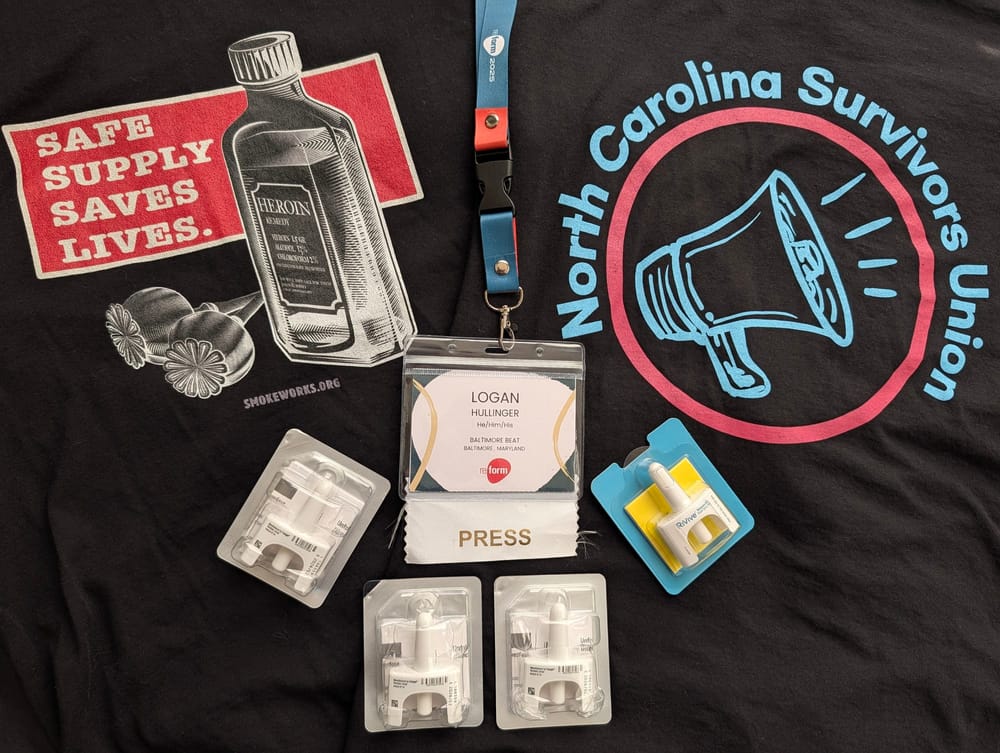
The harm reduction movement is facing an uphill battle, but there is power in numbers
The people we've lost have energized a movement that will not stop until the drug war takes its final breath.
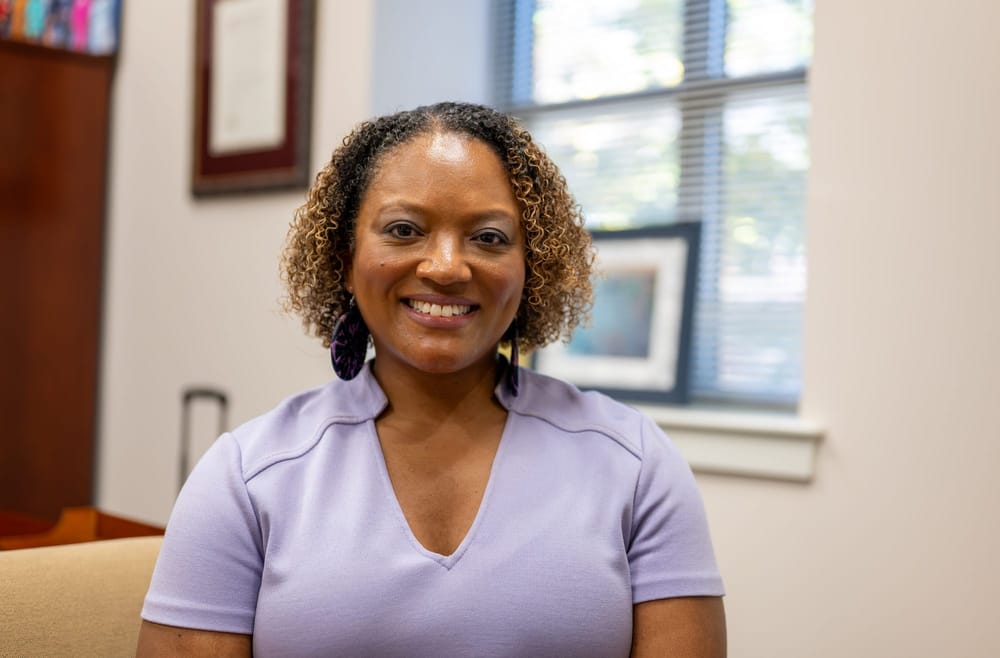
Baltimore’s New Health Commissioner Wrestles With OD Crisis—and Trump
“I want to be compassionate,” Taylor said. “But does being compassionate mean that we are not going to be able to maintain our levels of federal funding, where we need to do all of the other services that we need to do?”
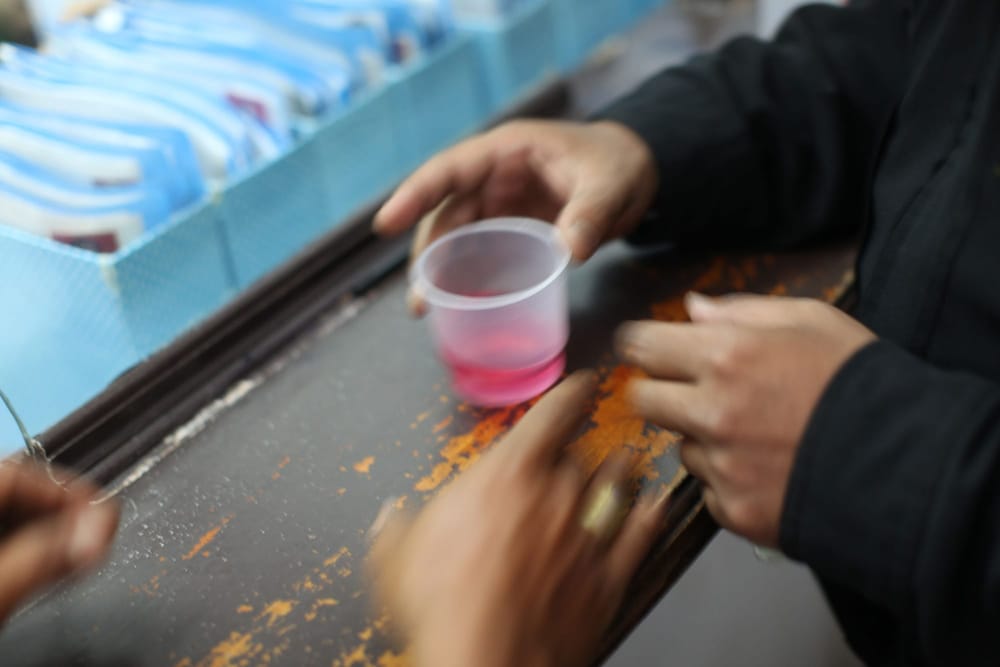
Opposition to methadone clinics is a deadly concession to Baltimore's NIMBYs
If NIMBYs have a problem with methadone clinics, they should be advocating for drug policy reforms that would make the life-saving medication easier to access.

